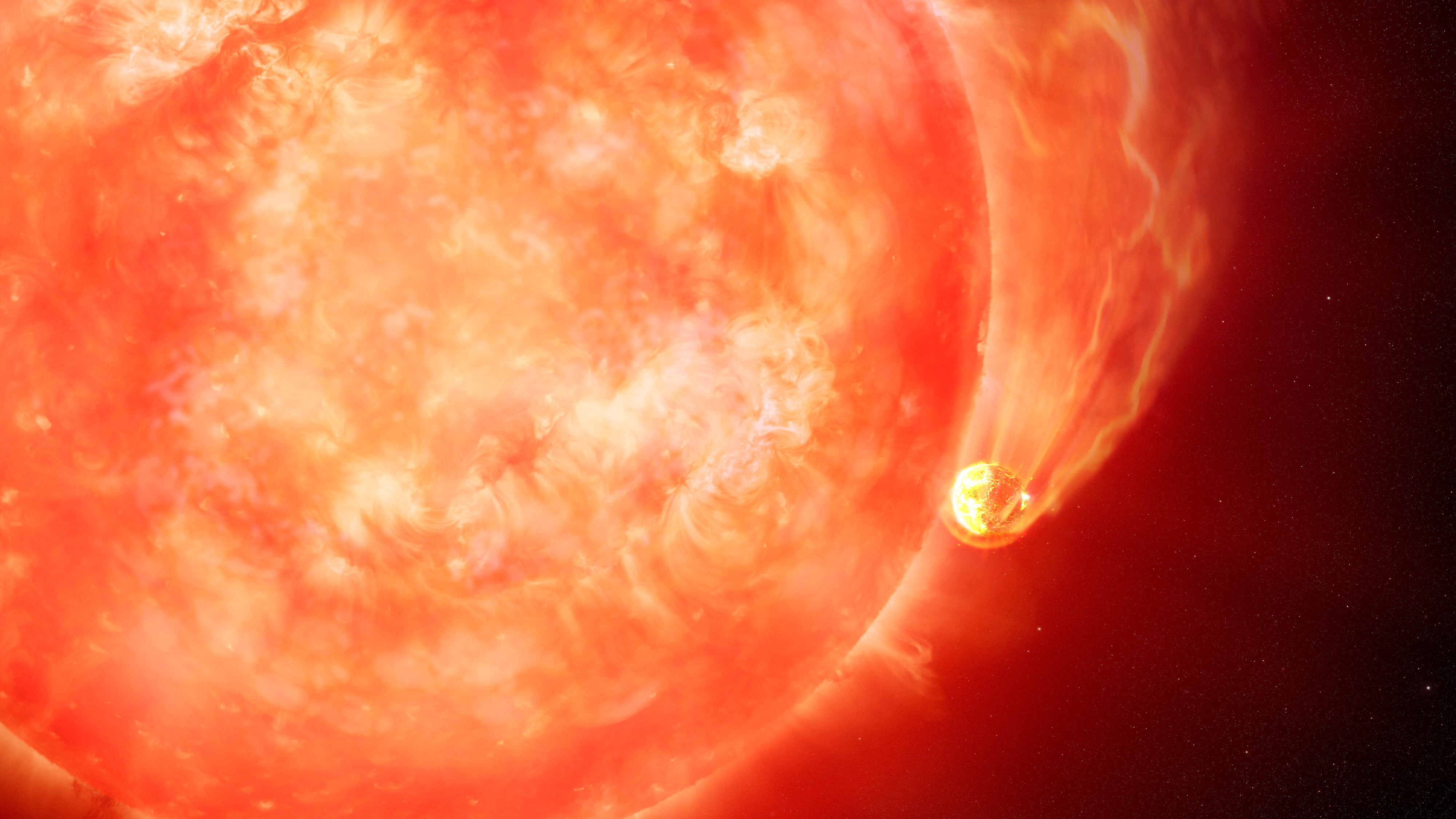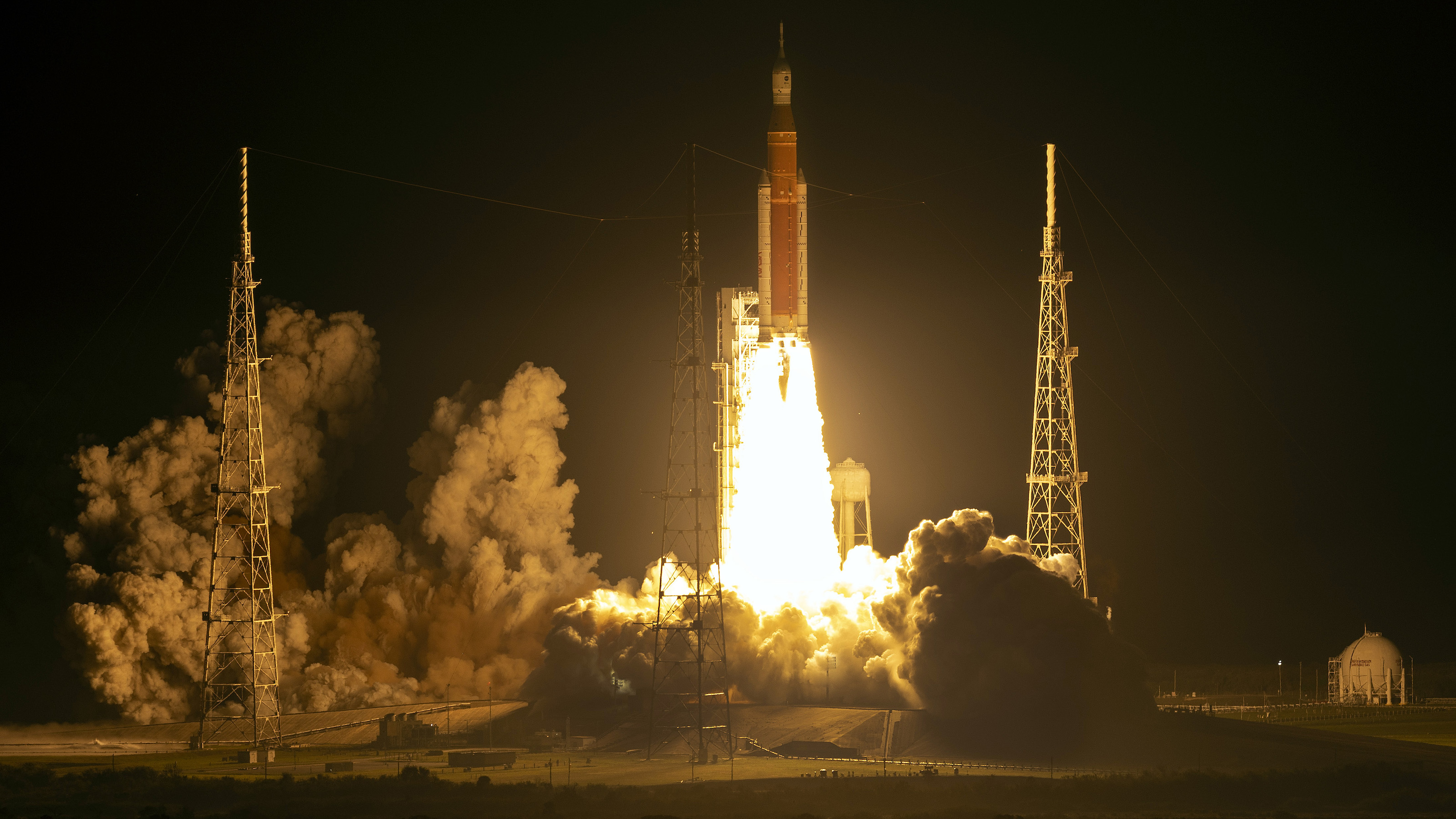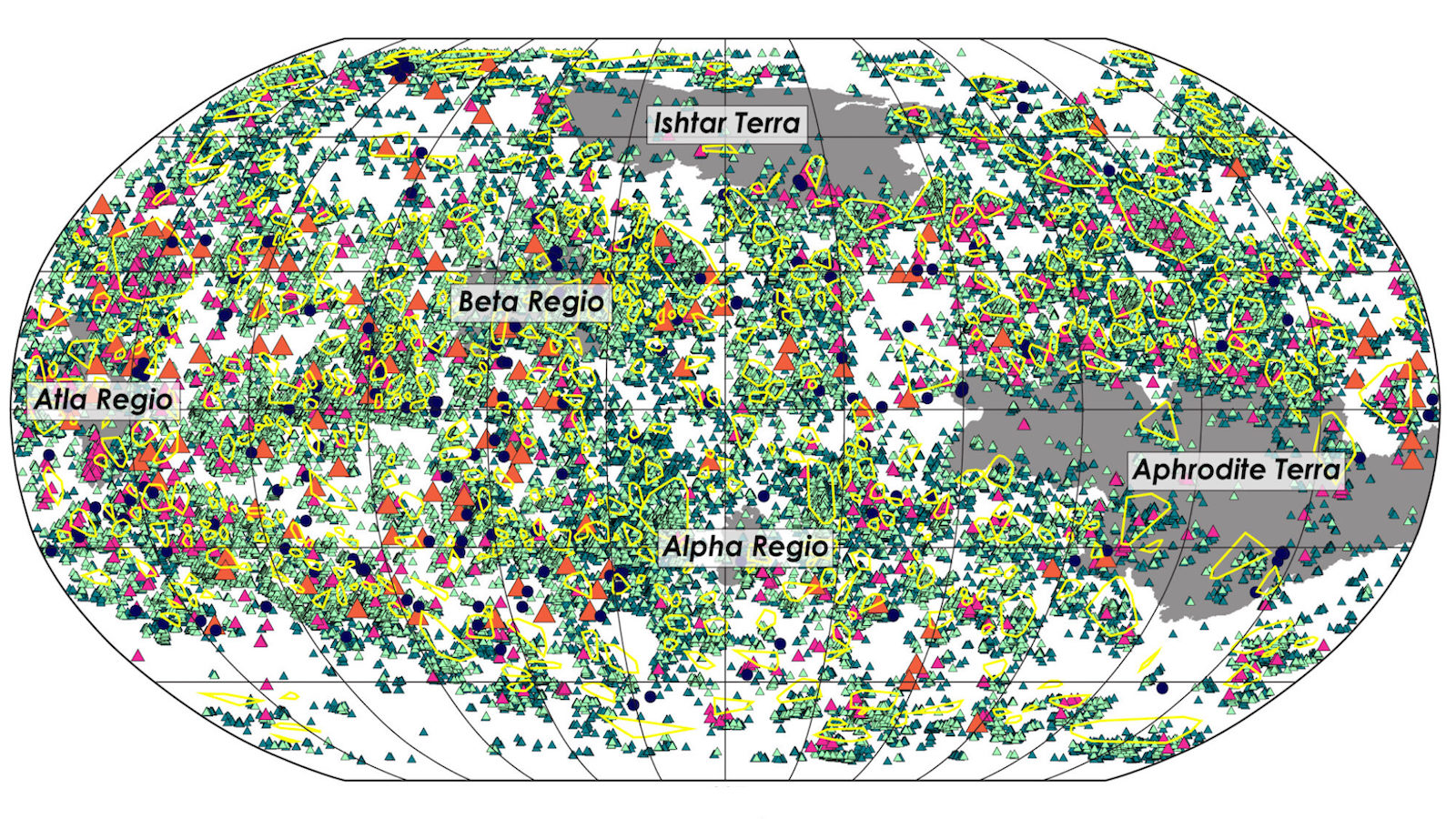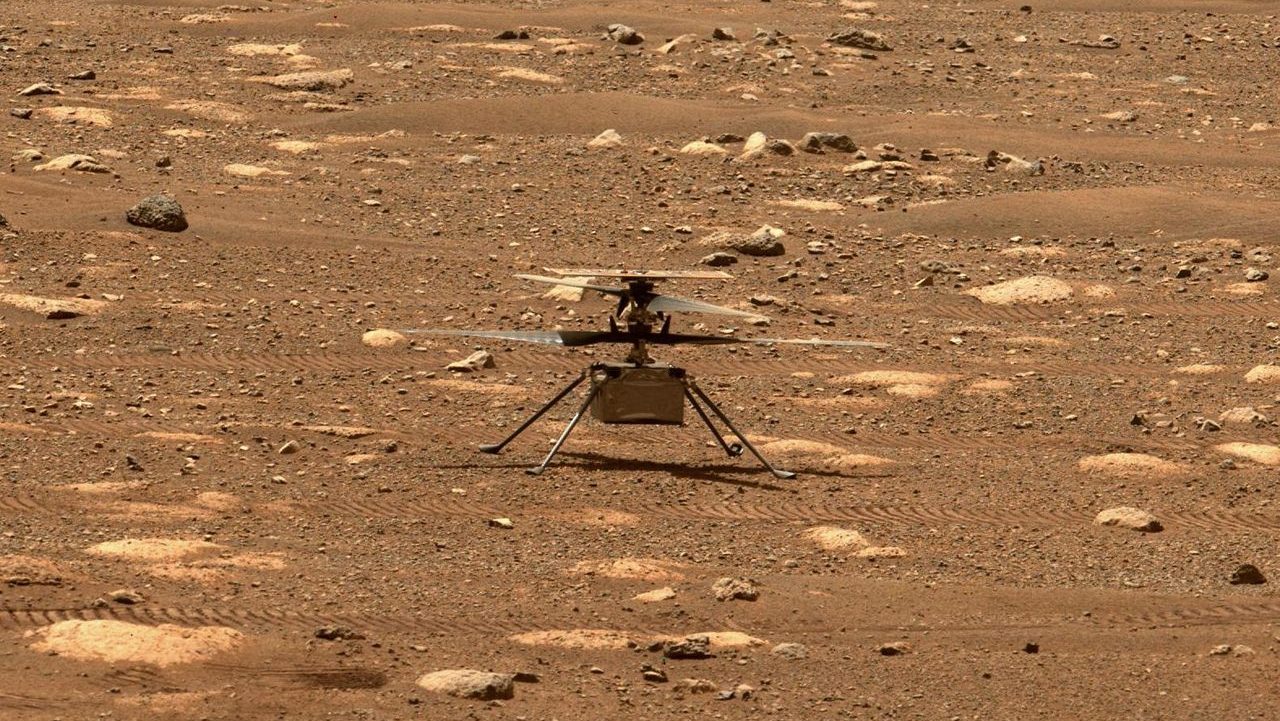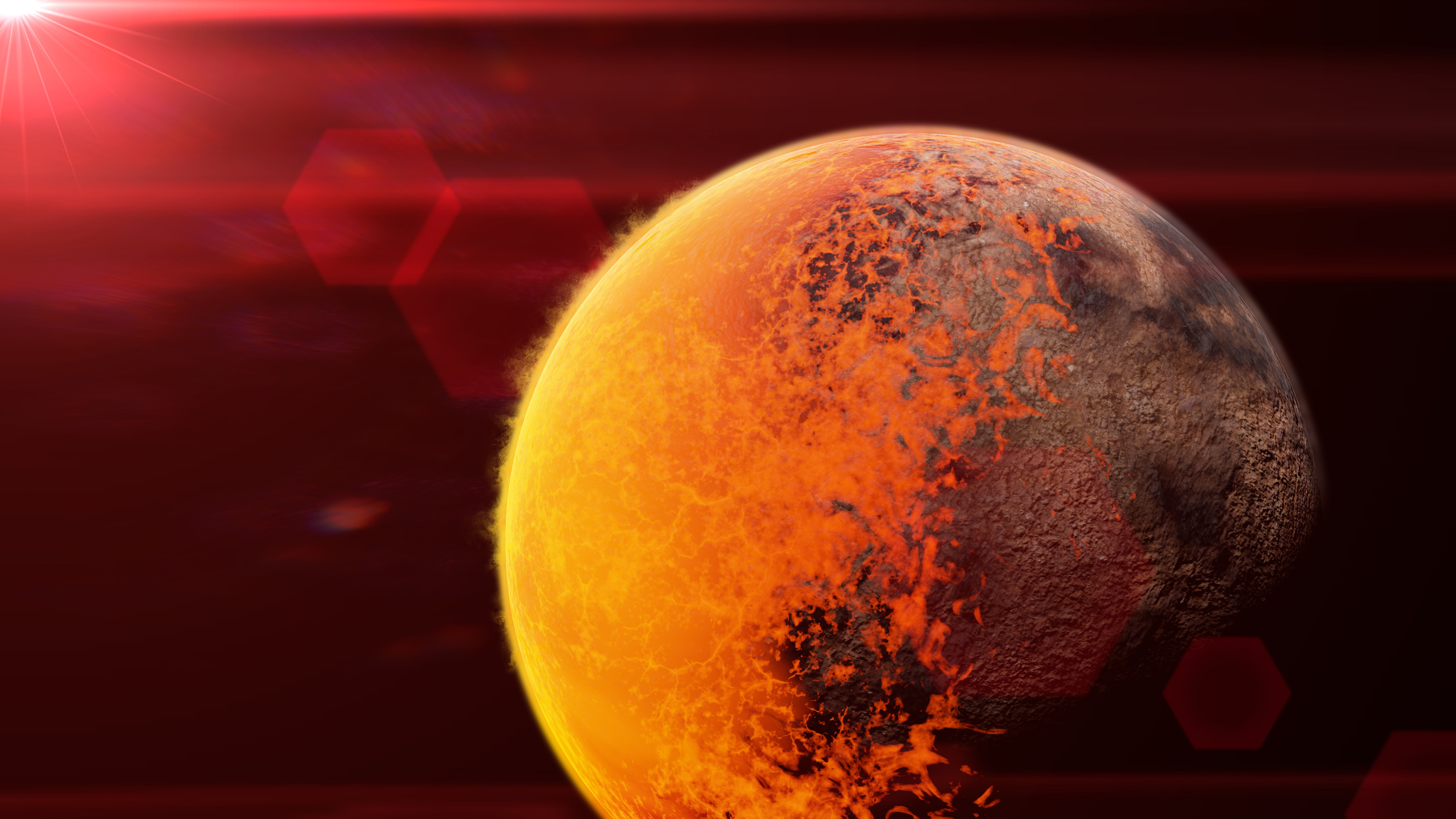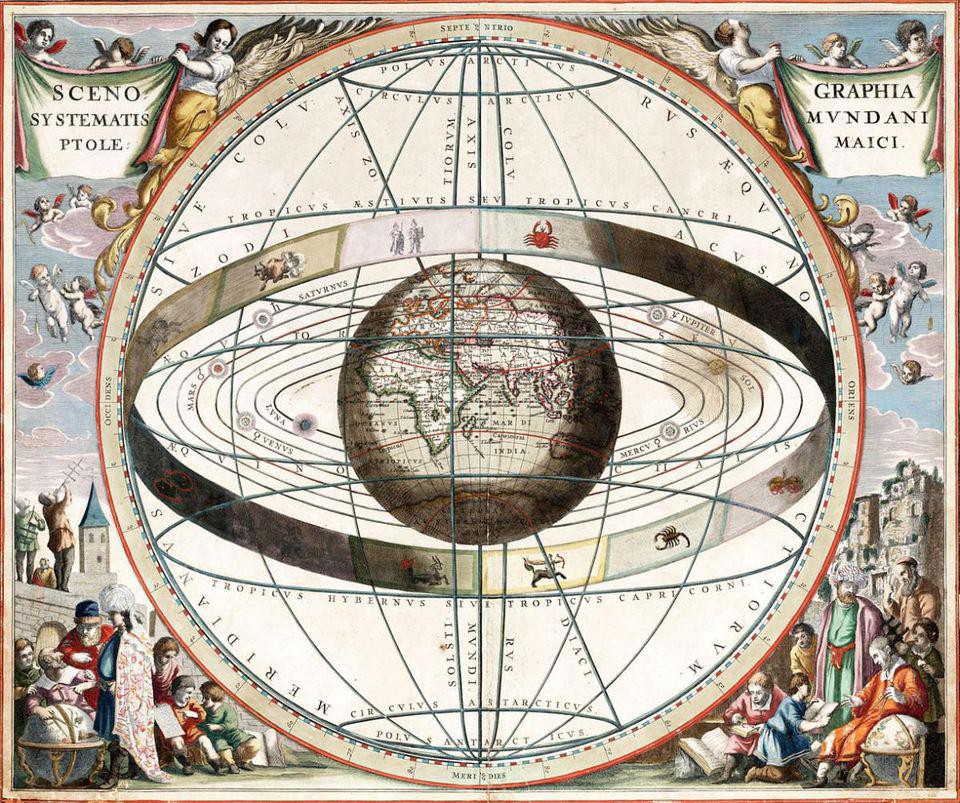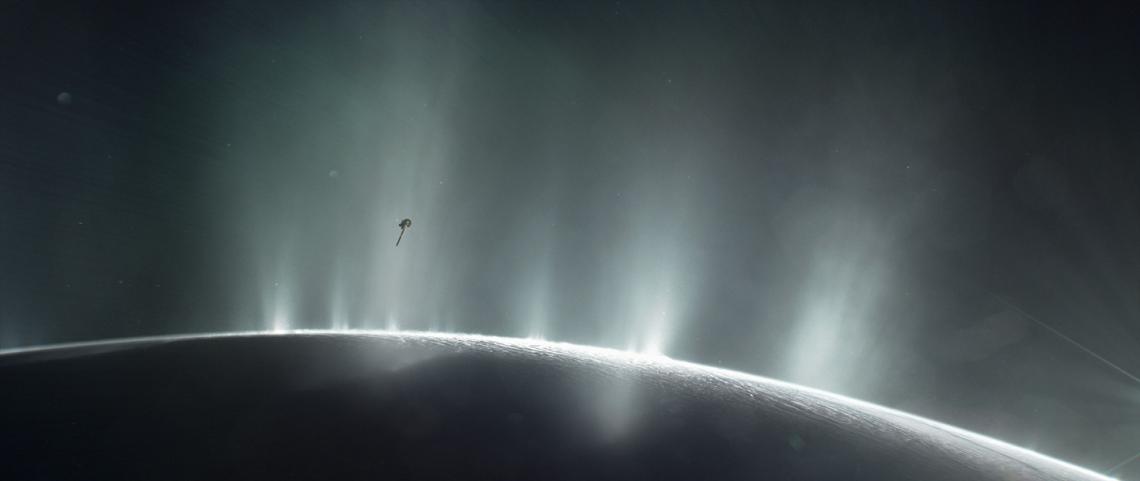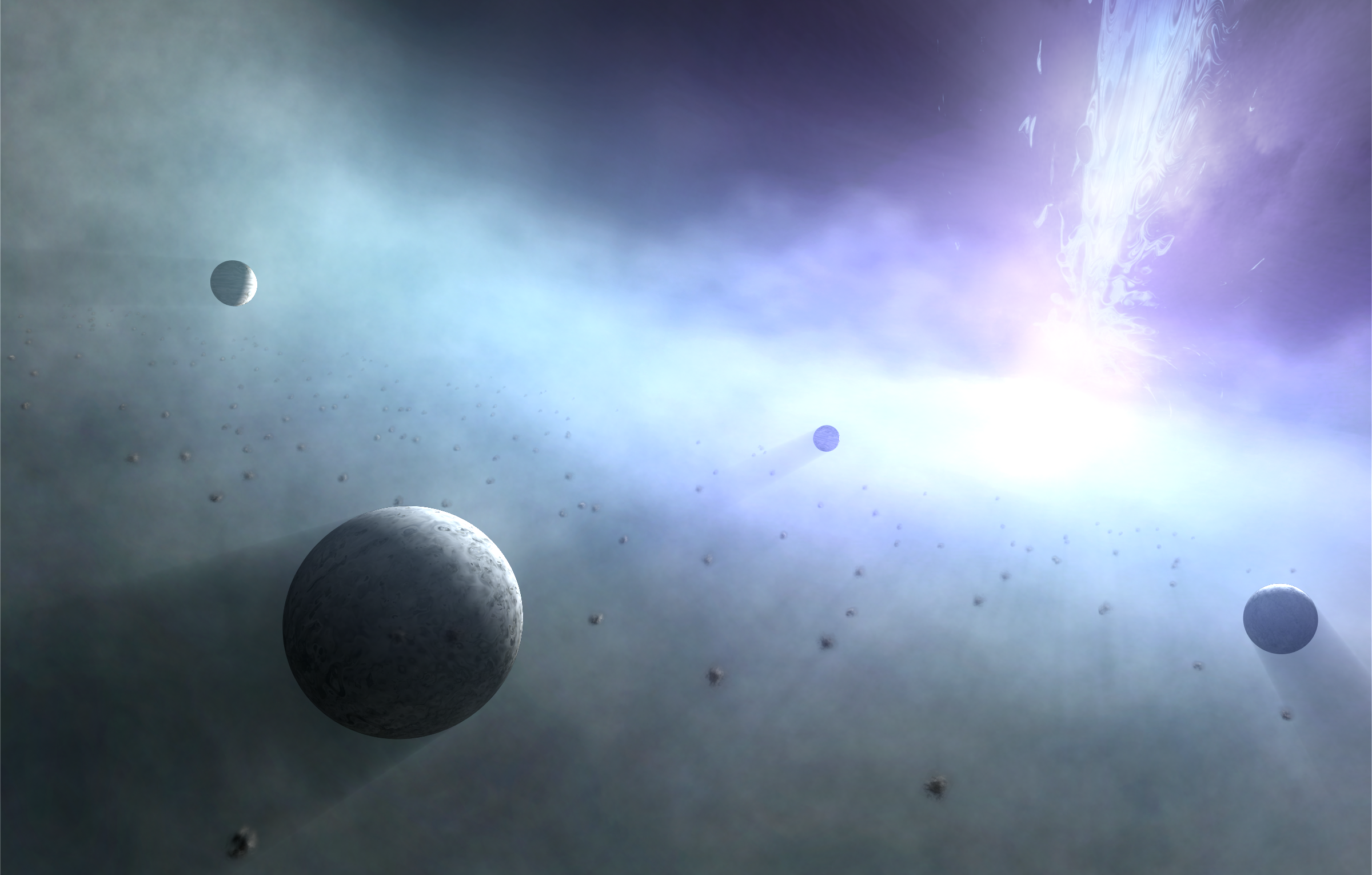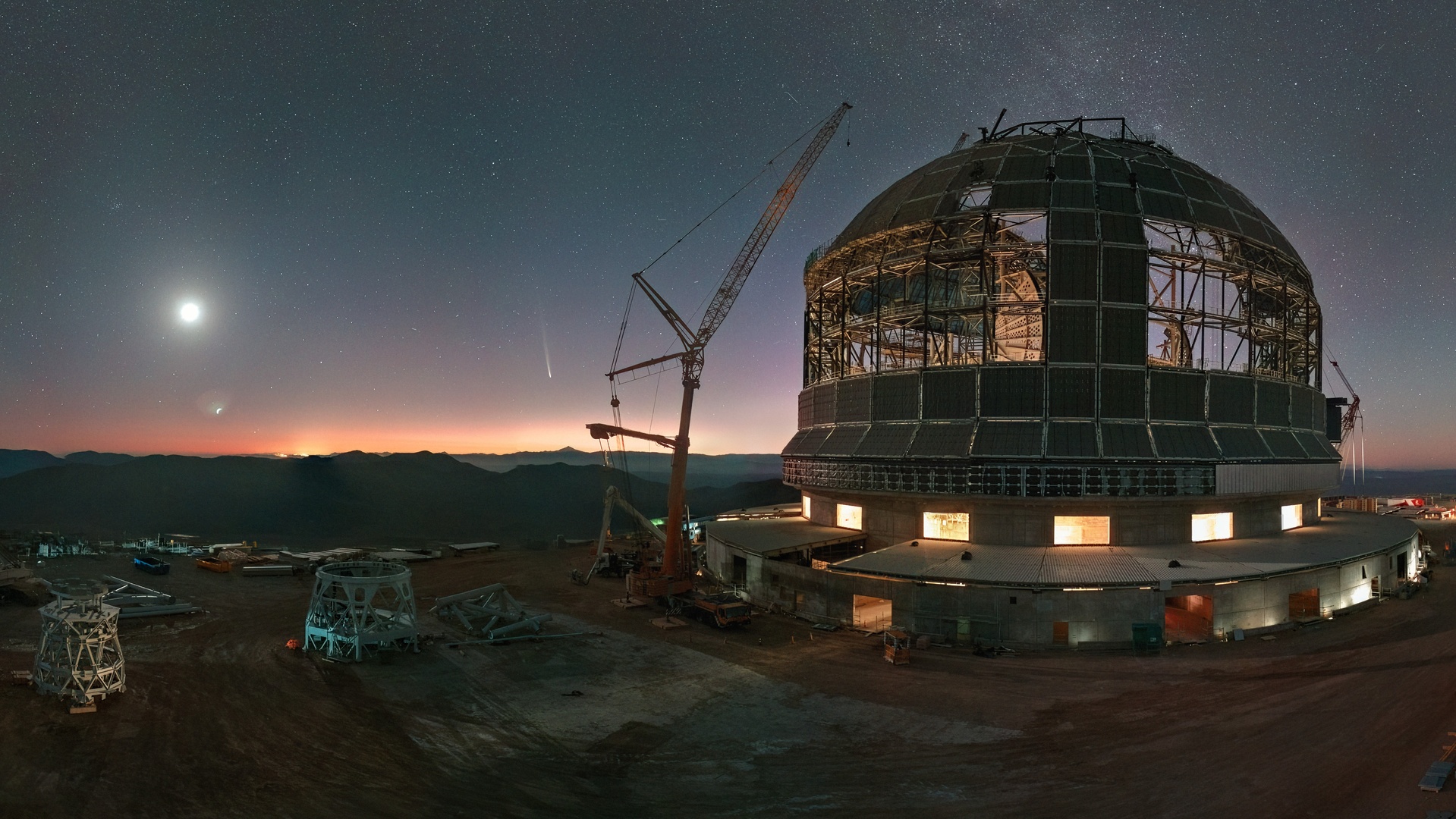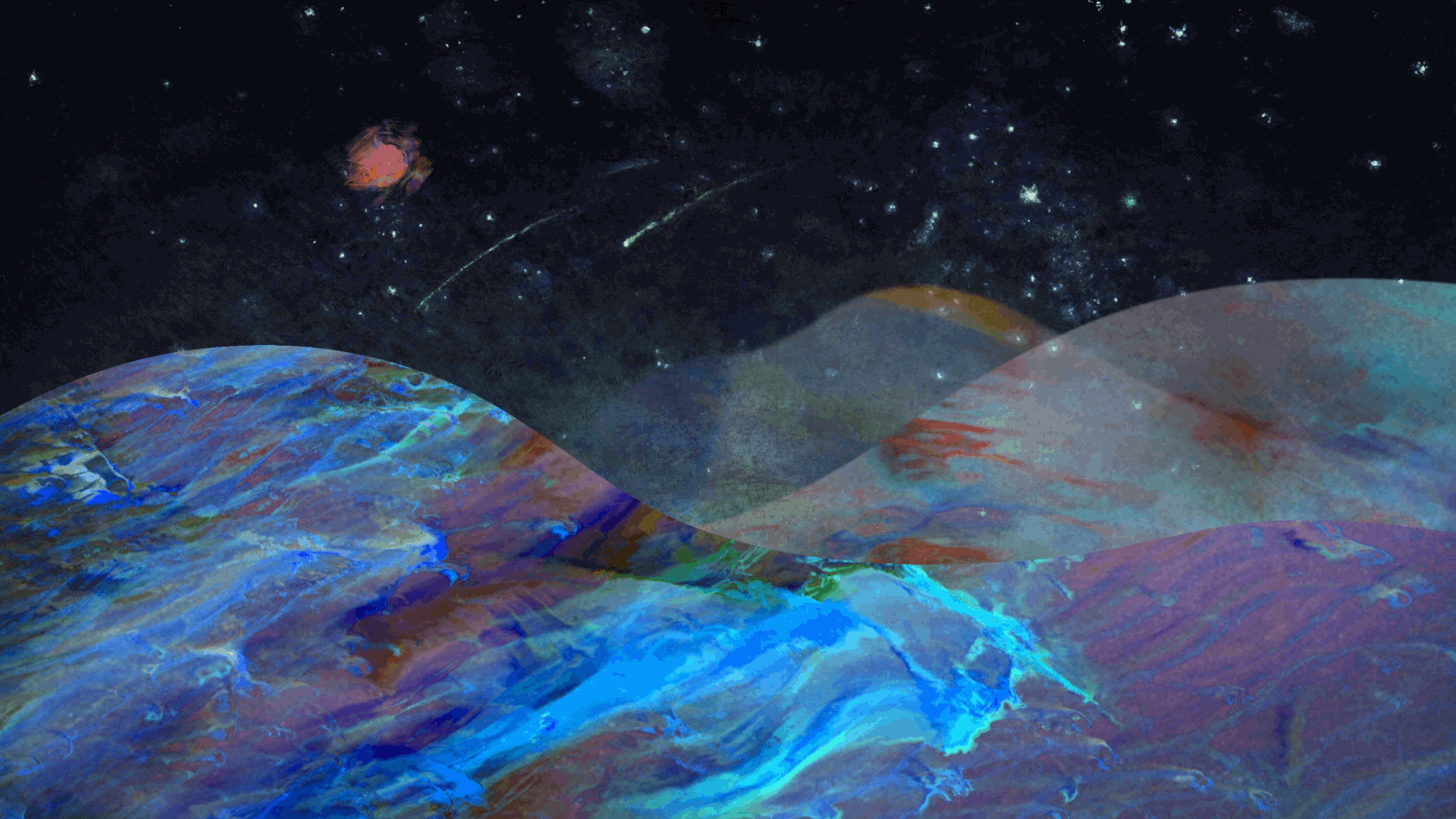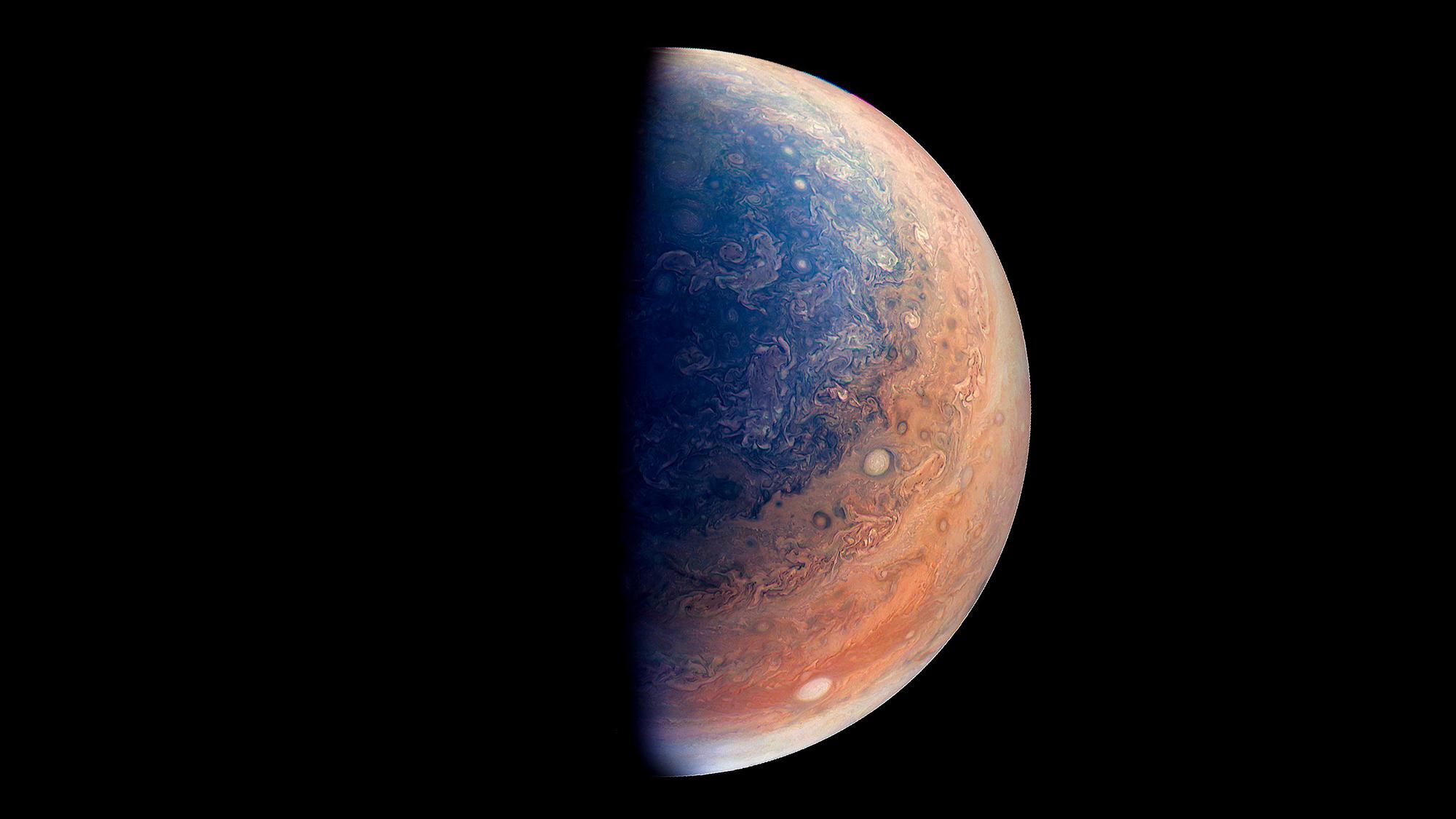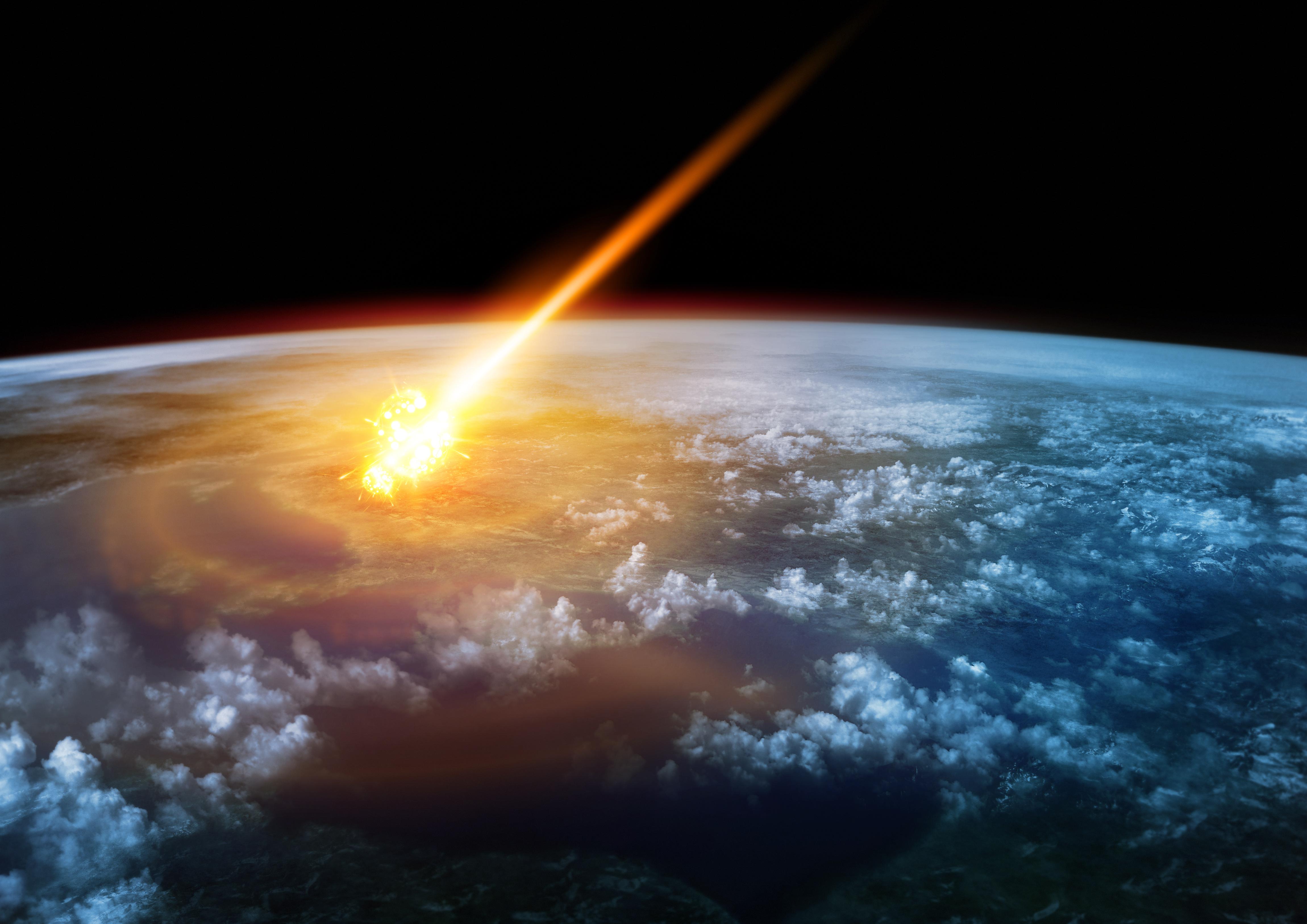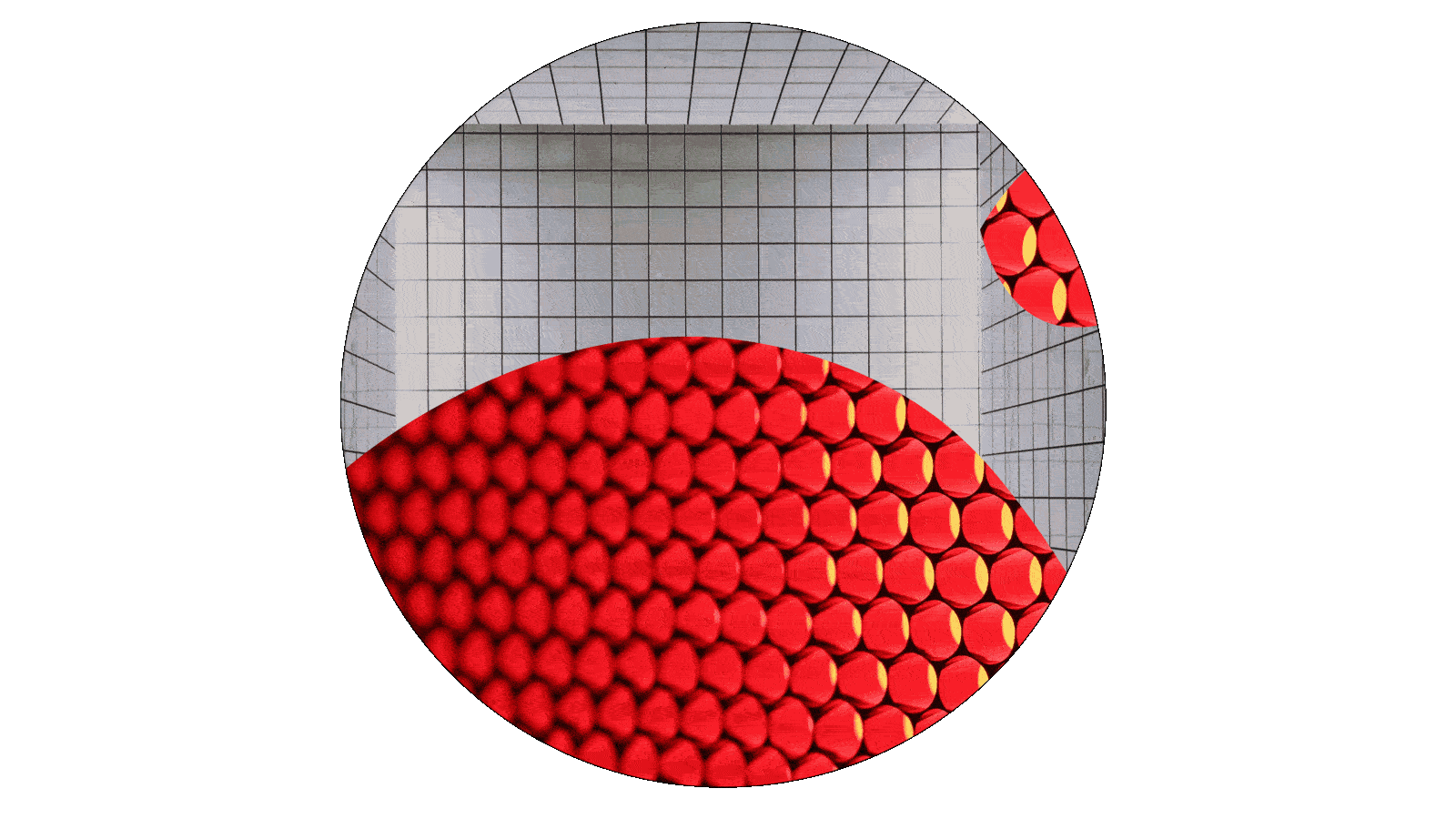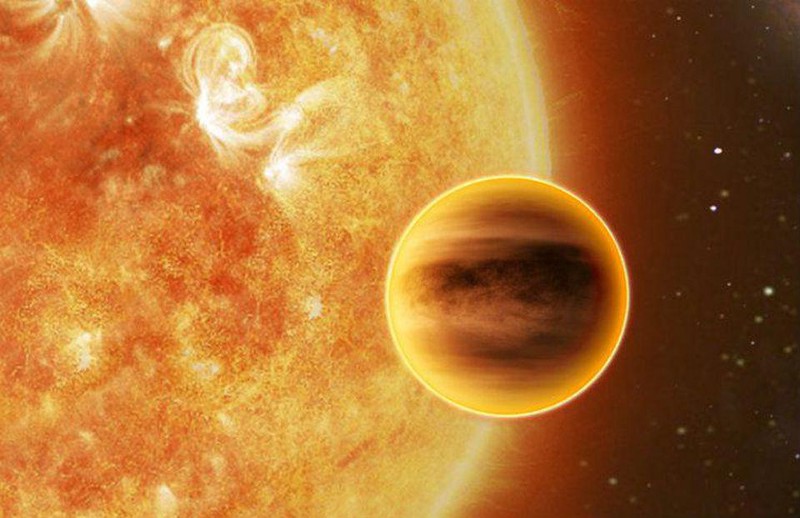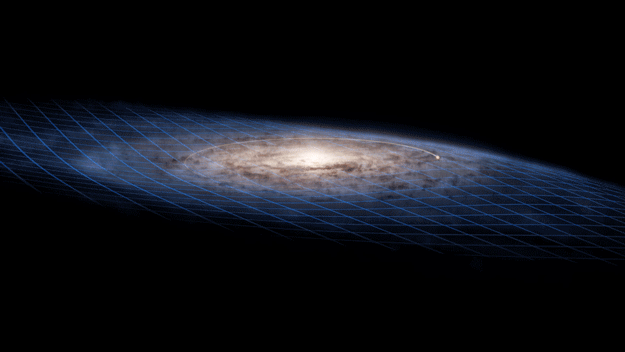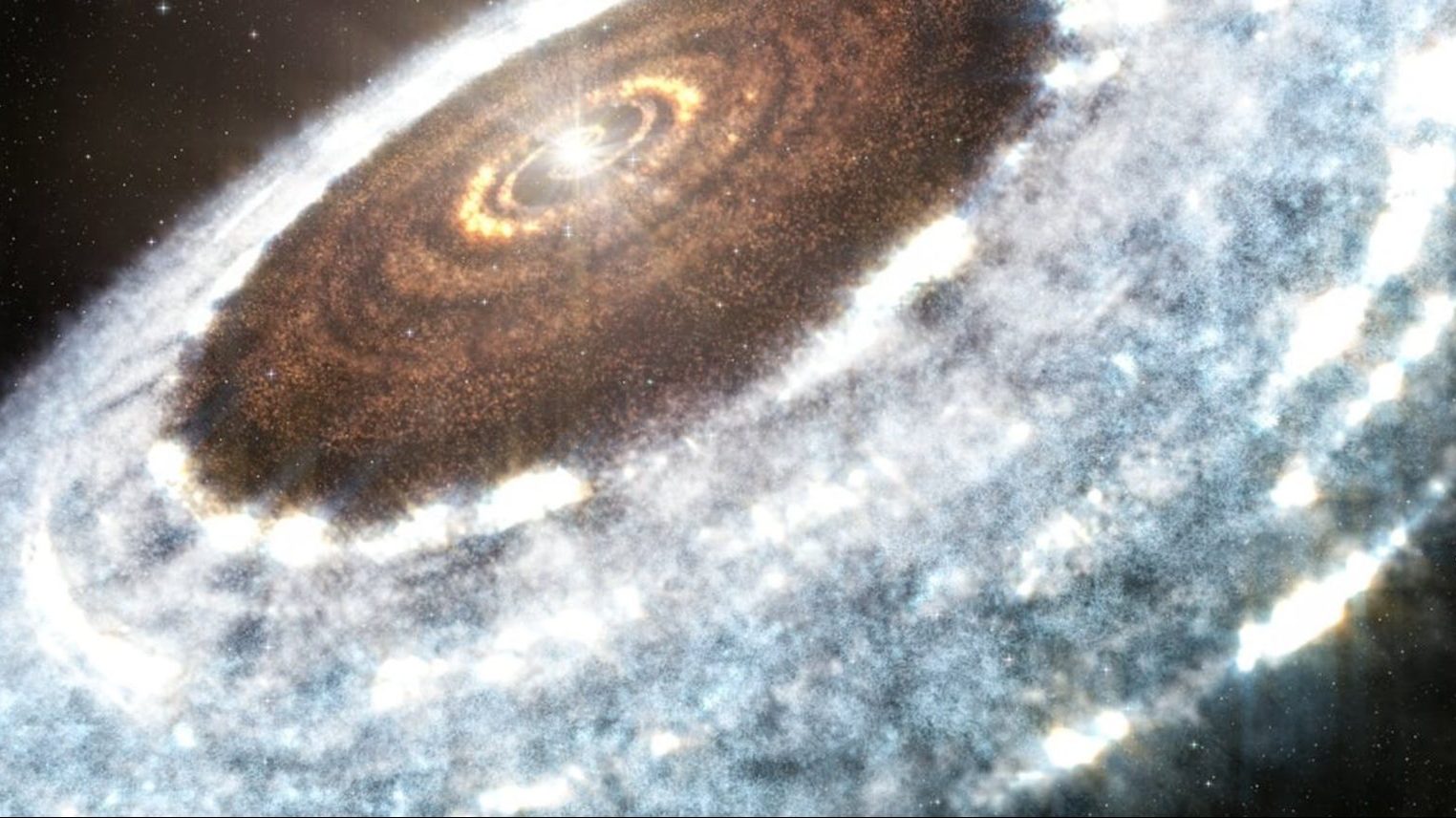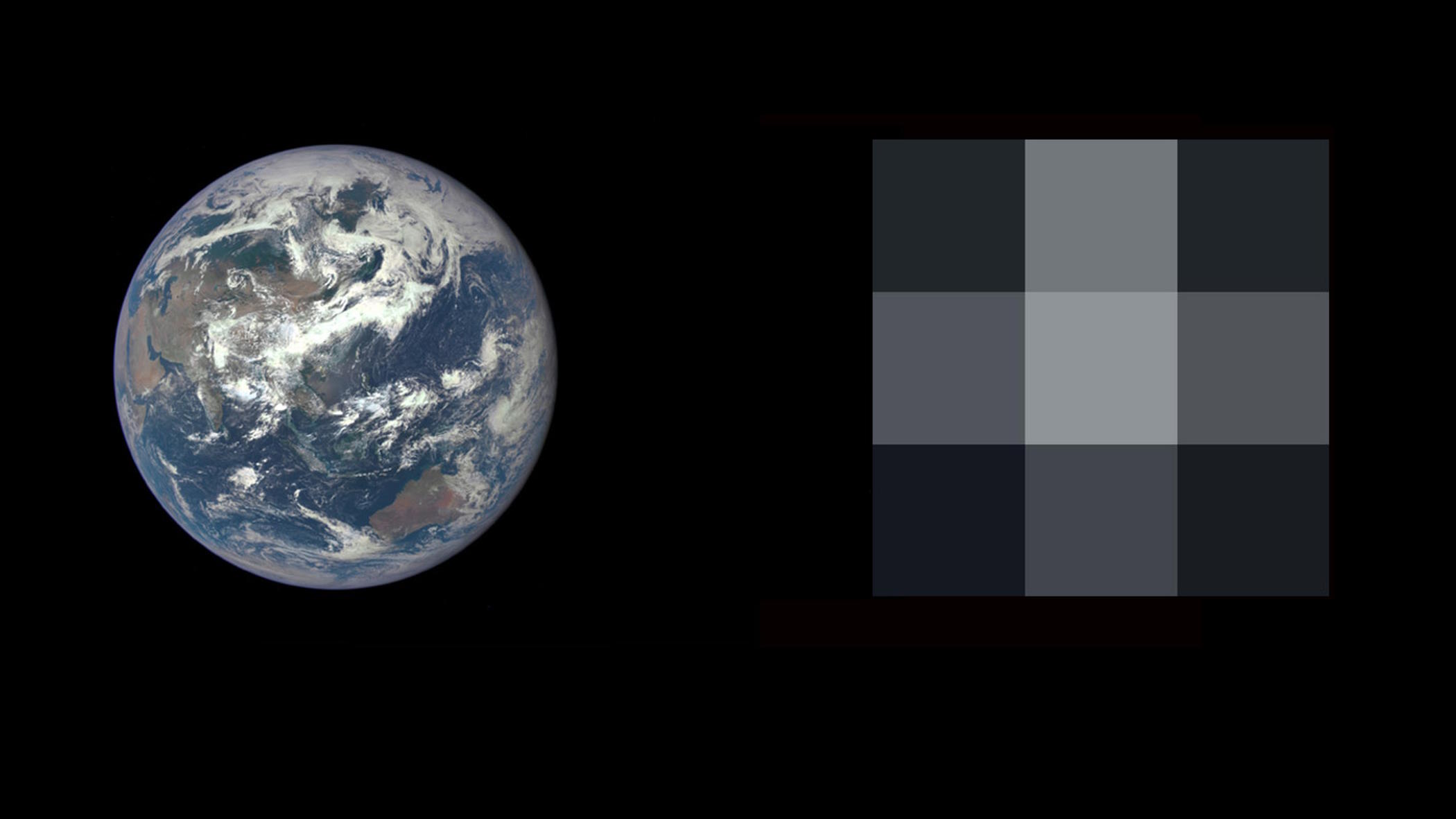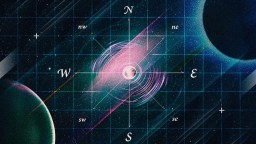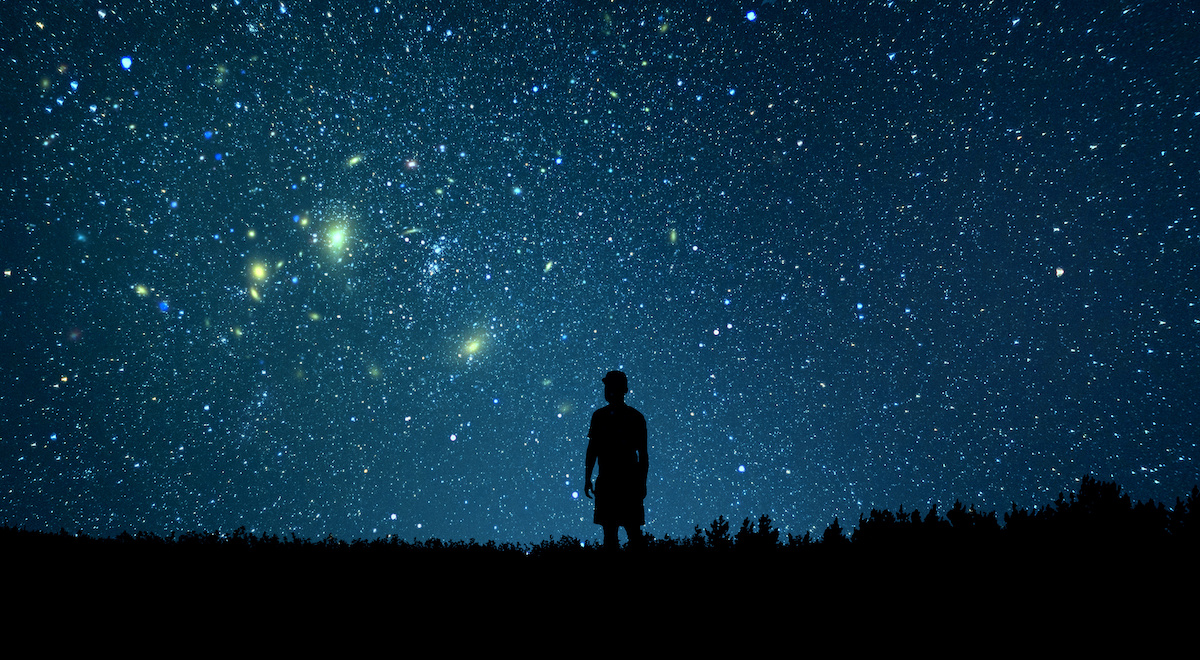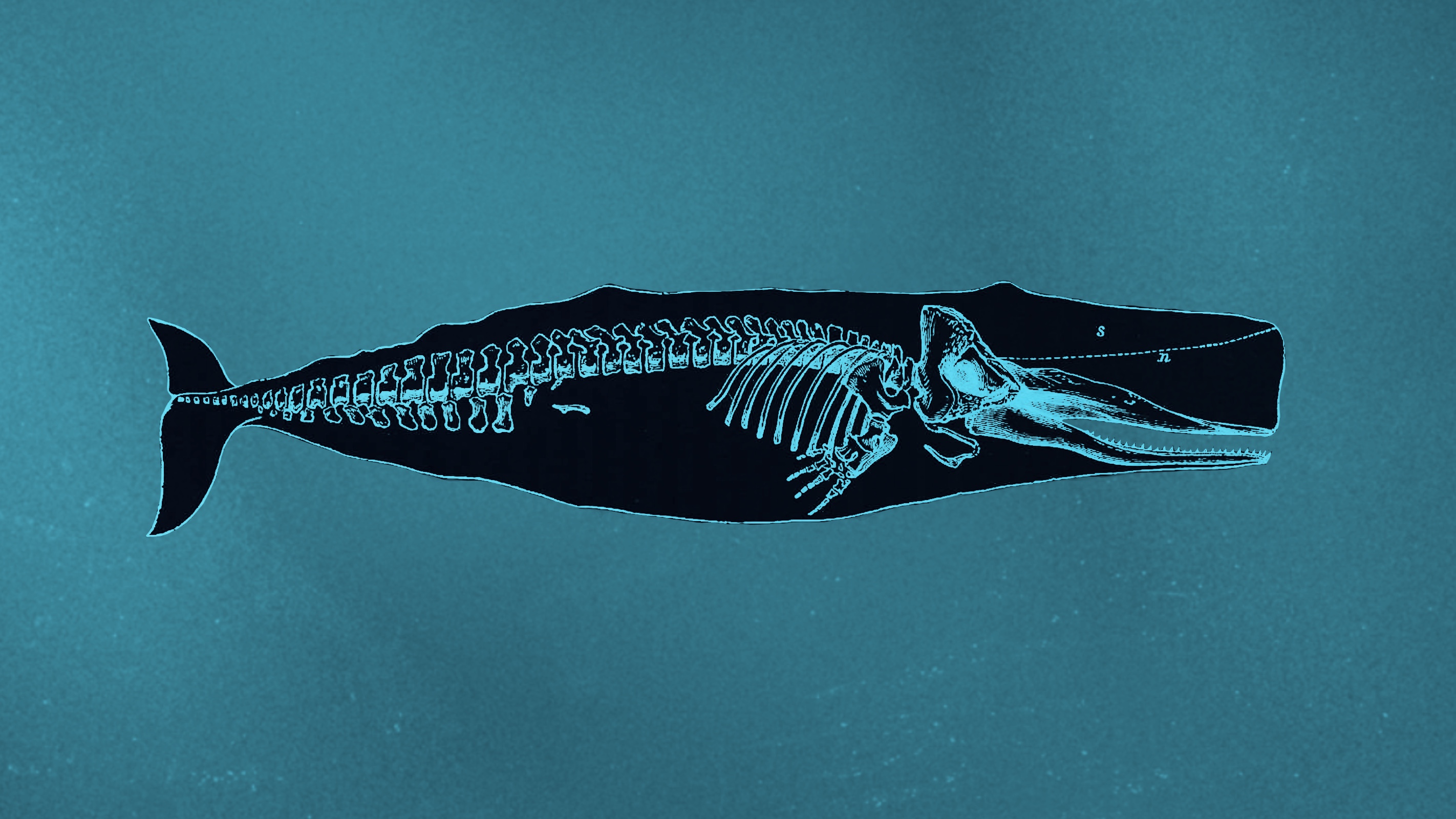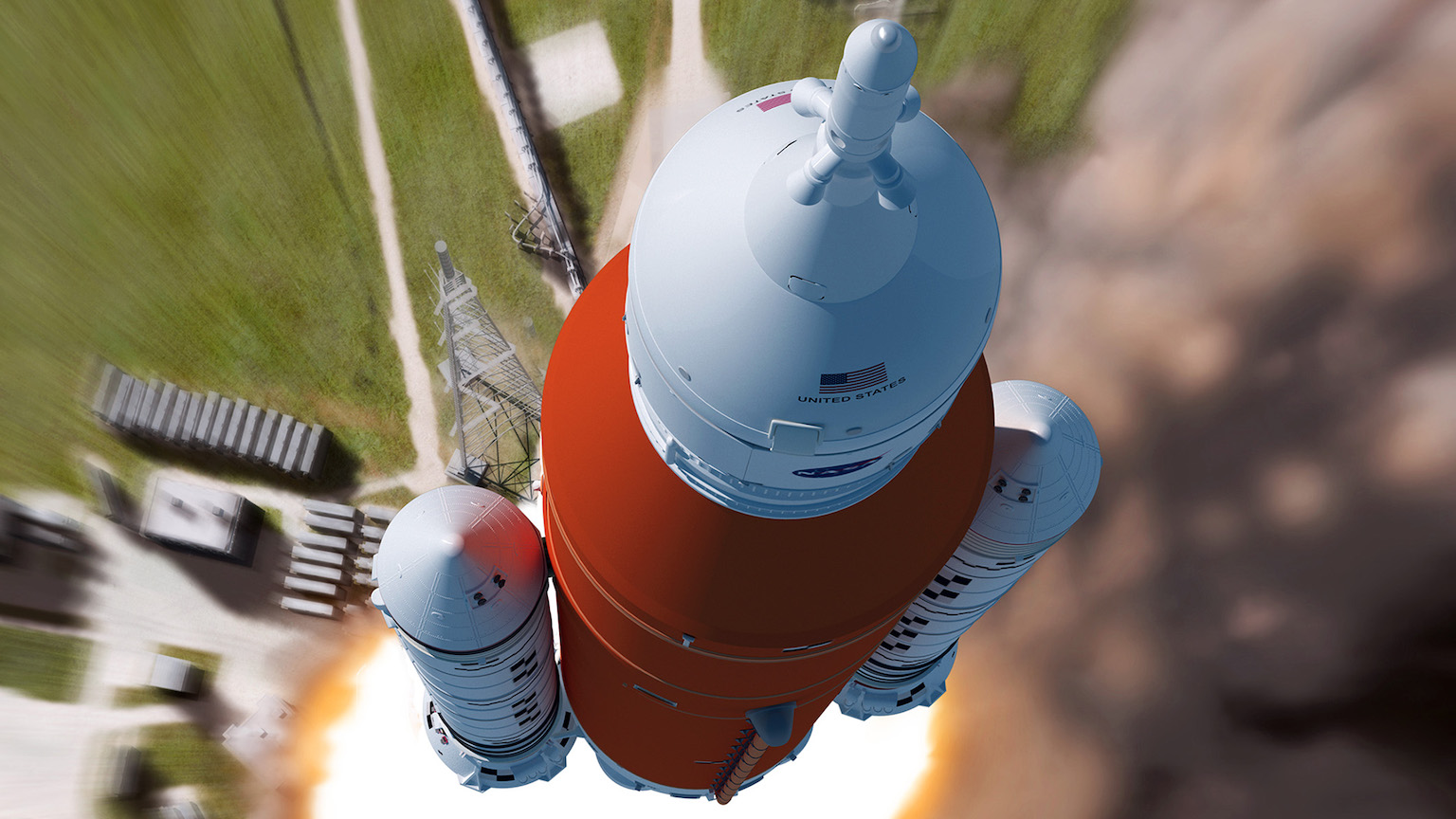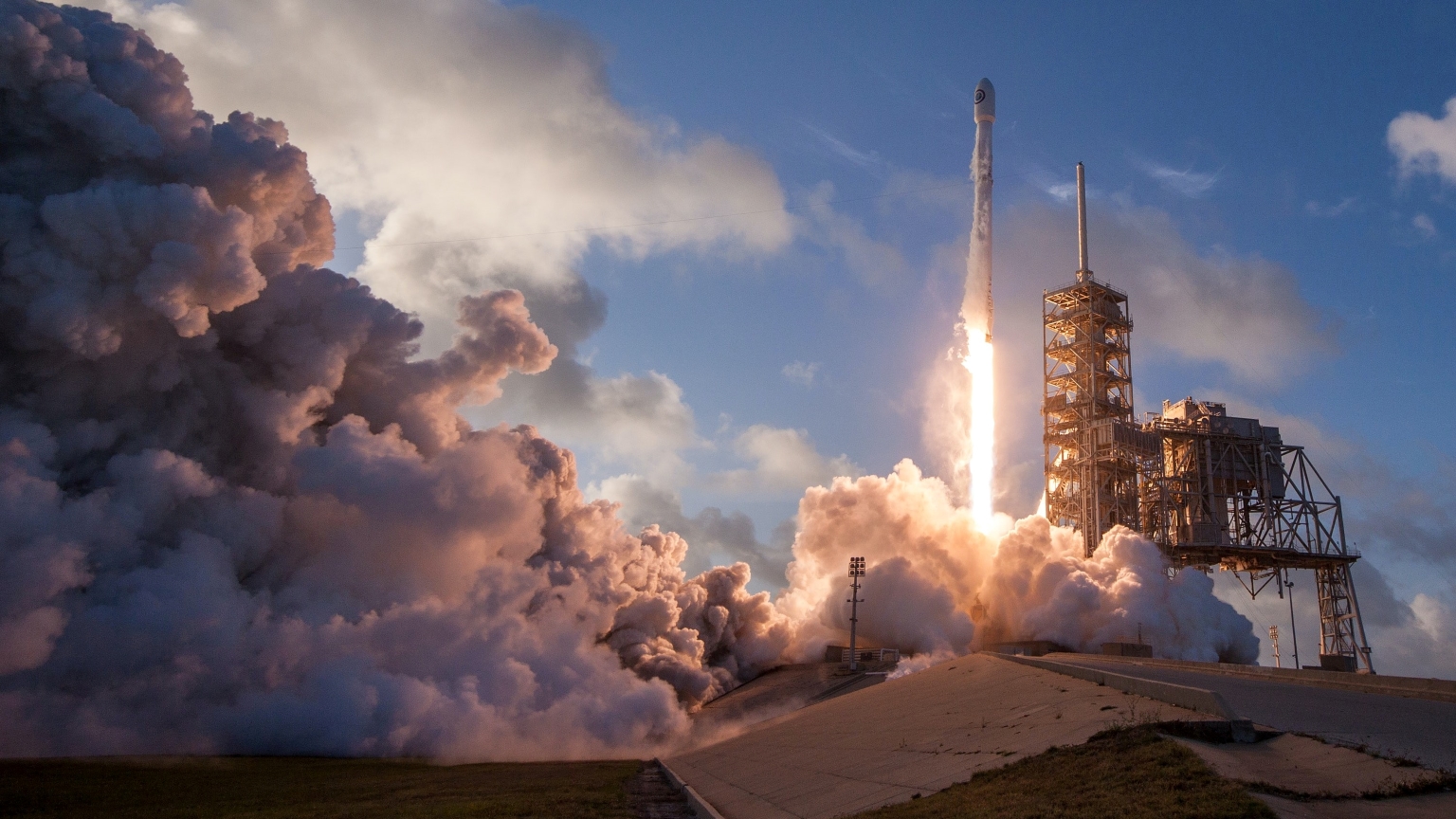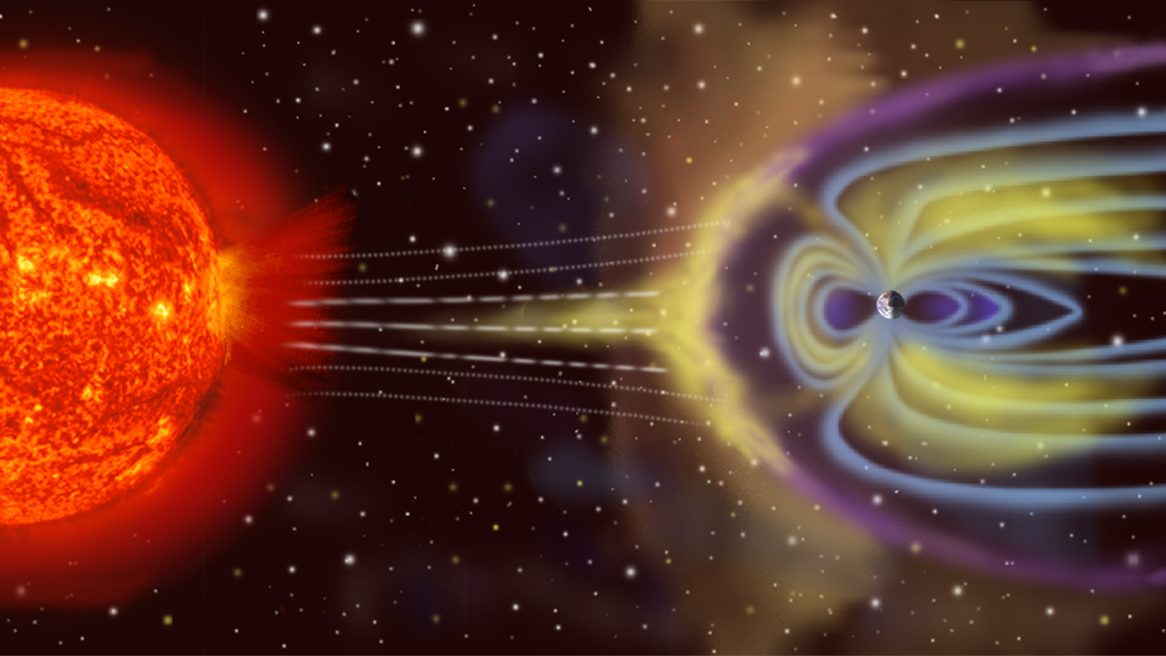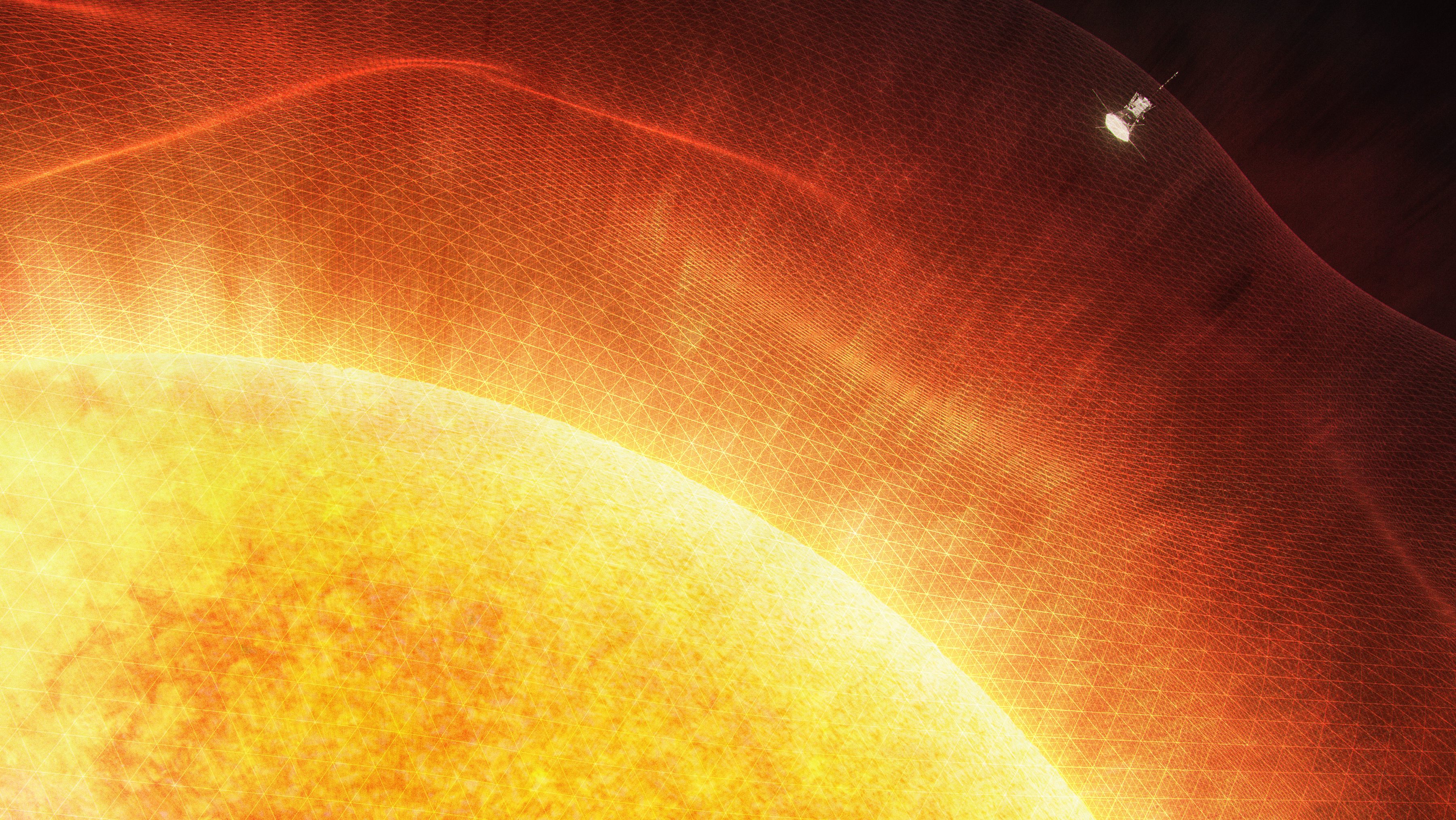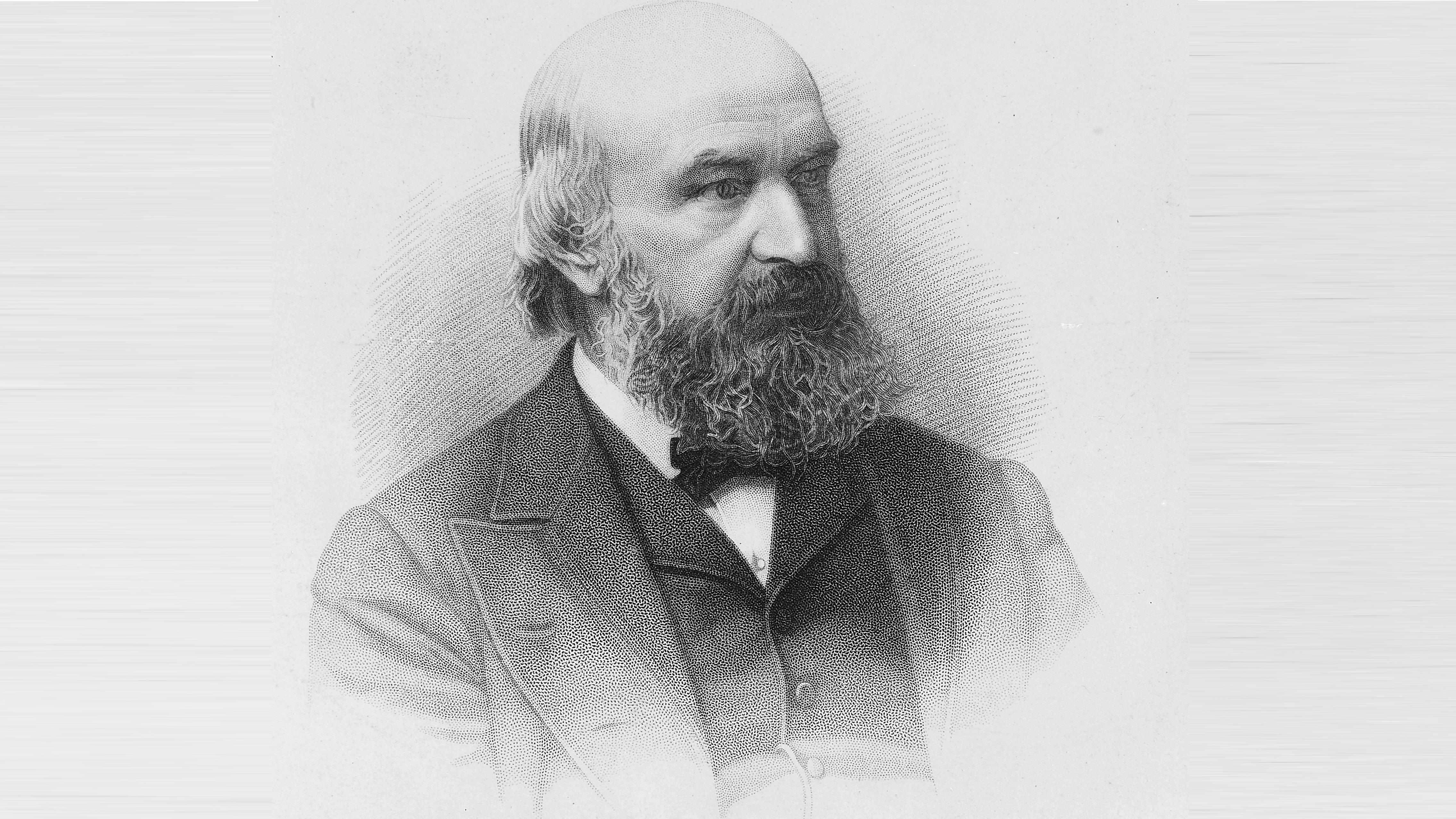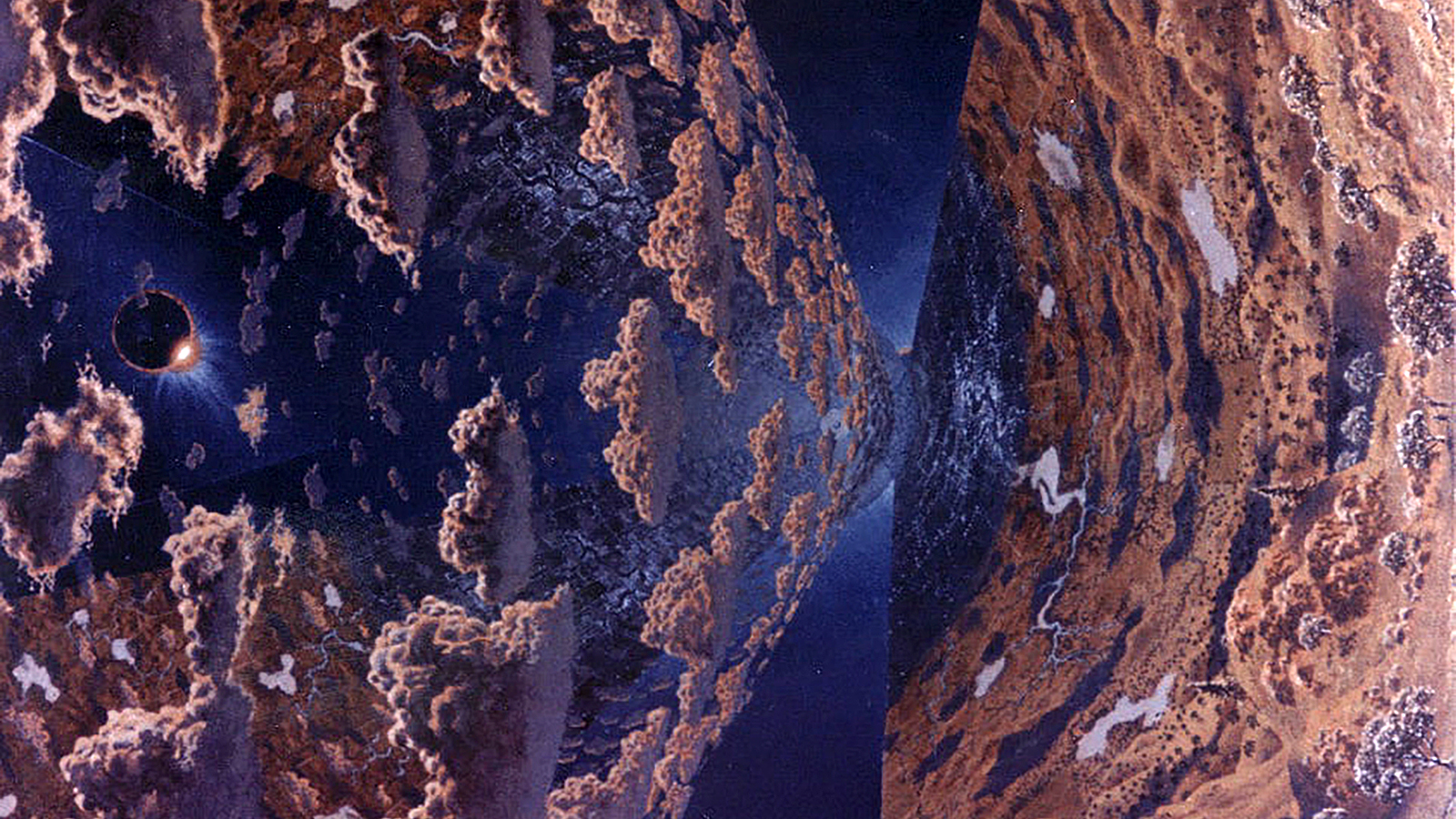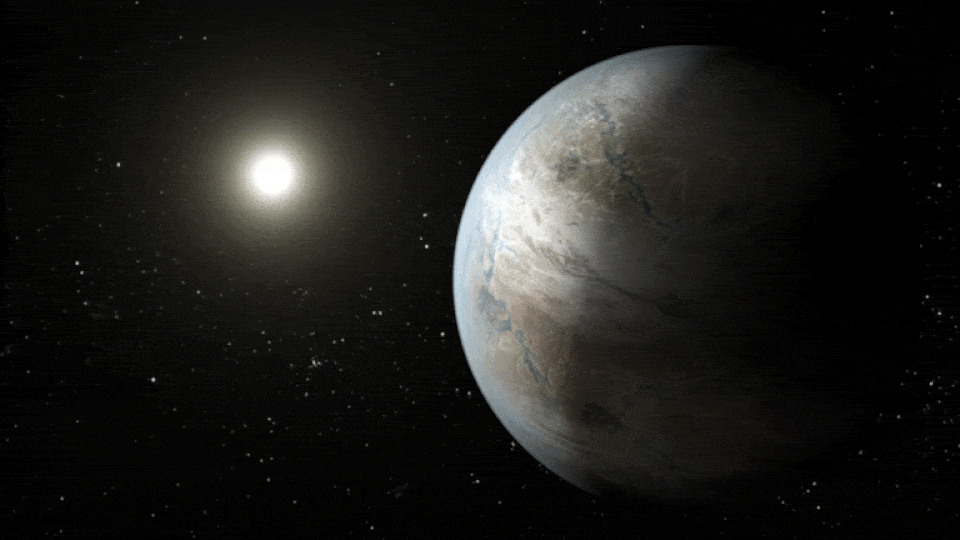Many planets will eventually be devoured by their parent star. For the first time, we caught a star in the act, eating its innermost planet!
Search Results
You searched for: Saturn
It is humanity’s biggest step yet into the Solar System.
Like Mars today, Venus used to be a sci-fi superstar. Recent discoveries could re-ignite our interest in Earth’s “evil twin.”
If the past is any guide, things are going to take off quickly.
No planet enters retrograde more frequently than Mercury, which does so 3-4 times each year. Here’s the scientific explanation for why.
Scientists do not know what is causing the overabundance of the gas.
The odds are slim, but the consequences would be literally world-ending. There really is a chance of a black hole devouring the Earth.
Comet A3, also known as Comet Tsuchinshan-ATLAS, has sprung to life since 2024’s last equinox. Here’s how to catch the show for yourself.
How can we understand mysterious planets like Jupiter? Use giant lasers!
65 million years ago, a massive asteroid struck Earth. Not only did Jupiter not stop it, but it probably caused the impact itself.
Our understanding always will remain incomplete.
Neptune holds records in our Solar System, but the Universe gets even faster. Here on Earth, extreme weather events can cause dramatic wind speed spikes. When hurricanes are at their most […]
The Universe begins with negligible amounts of angular momentum, which is always conserved. So why do planets, stars, and galaxies all spin?
Finding this missing piece of water’s path through the universe offers clues to how it came to be on Earth.
NASA has finally chosen which flagship mission, like Hubble and JWST, will launch in ~2040. Detecting alien life is now a reachable goal.
Google maps won’t guide you to Mars – but will your compass work in space?
▸
with
We’re used to scientists telling us about the math and physics behind astronomical events. But what does studying space make us feel?
Dead whales inspire a way to find extraterrestrial life on Mars.
Sixty years ago, the Soviet Union was way ahead of the USA in the space race. Then one critical event changed everything.
Space missions in 2022 will include massive rockets and asteroid collisions. This is also the year space tourism starts to hit its stride.
The original principle of relativity, proposed by Galileo way back in the early 1600s, remains true in its unchanged form even today.
Nearly 200 orbital launches are scheduled for 2022.
As the Sun ages, it loses mass, causing Earth to spiral outward in its orbit. Will that cool the Earth down, or will other effects win out?
“All moments past, present, and future, always have existed, always will exist.”
It would get rid of our hazardous, radioactive, and pollutive waste for good, but physics tells us it’s a losing strategy for elimination.
Adams was infamously scooped when Neptune was discovered in 1846. His failure wasn’t the end, but a prelude to a world-changing discovery.
A conversation with an advanced alien species is likely to be simple and to take 1,000 years. It might also be dangerous.
From here on Earth, looking farther away in space means looking farther back in time. So what are distant Earth-watchers seeing right now?
